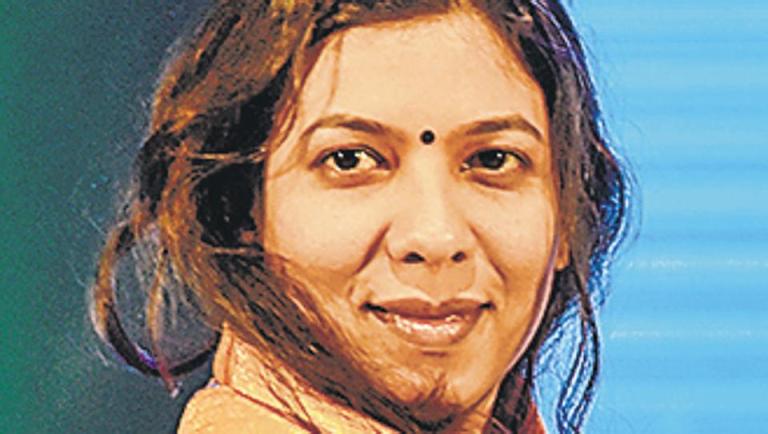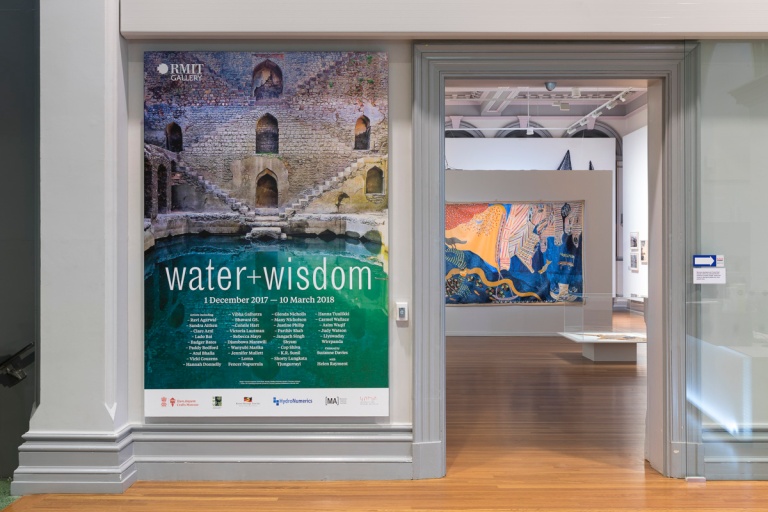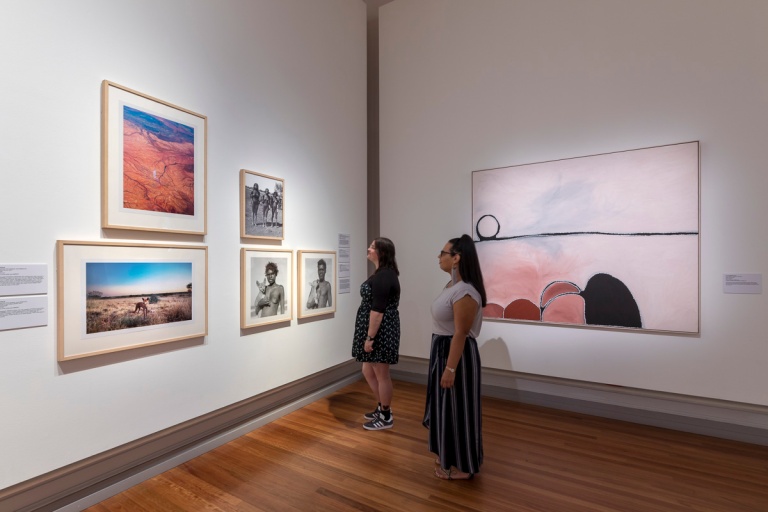
Water = life. What happens when we run out? That’s the crisis Cape Town is facing.What can we learn from traditional knowledge of the stewardship of water to prevent a similar crisis?
RMIT Gallery’s current exhibition water+wisdom Australia India (until 10 March) looks at the importance of waterways in our lives, and explores how artists, researchers and film makers continue to tell the story of the stewardship of water through creative activities.
Indian activist Parineeta Dandekar, who recently received the Vasundhara Mitra award in the activist category for her work in river management, river rejuvenation and river conservation, will present the keynote address at the RMIT Gallery water+wisdom Australia India symposium on Friday 2 March.
Dandekar is currently the associate coordinator of the South Asia Network on Dams, Rivers and People and is also the recipient of the Joke Waller Hunter environment leadership fellowship for the year 2009-2010.
This international water+wisdom symposium provides an opportunity to be inspired, network and explore ideas about creative responses to ancient wisdom regarding water.
Dandekar will be joined by celebrated New Dehli based conceptual artist Vibha Galhotra. Much of Galhotra’s work centers around water pollution in New Delhi, and her large-scale sculptures address the shifting topography of the world under the impact of globalization and growth.

We are honoured to have four important Australian artists represented in the exhibition speaking at the symposium: Vicki Couzens, Glenda Nicholls, Carmel Wallace and Judy Watson.
Other speakers sharing their knowledge include N’Ahweet Carolyn Briggs, Indigenous language specialist and Boonwurrung Elder; Dr Matthew Currell, RMIT Senior Lecturer, Hydrogeology & Environmental Engineering; and Dr Sandra Brizga, River Management Specialist.
Dr Justine Philip, PhD Ecosystem Management, Museum Victoria Associate, will speak about her research into the important role of dingoes in Aboriginal culture. Dr Philip is interested in human–animal interactions in Australian and New Zealand history and heritage, and collates archival, narrative and visual sources that examine Indigenous ecological knowledge systems and colonial history.

In her article on this fascinating subject in The Conversation, Dr Philip writes: “The dingo’s ability to locate water above and below ground was perhaps its most indispensable skill. Written records, artworks and photographs in museum archives reveal dingo water knowledge as recorded by European explorers. Records reveal a number of accounts of wild/semi-wild dingoes leading Europeans to lifesaving water springs.”
The water+wisdom Australia India symposium is a free catered event, on Friday 2 March from 10-4 pm in the Green Brain Conference Room at RMIT University, Level 7, Building 16, 336-348 Swanston Street, Melbourne. Limited seating: bookings required. BOOK HERE.